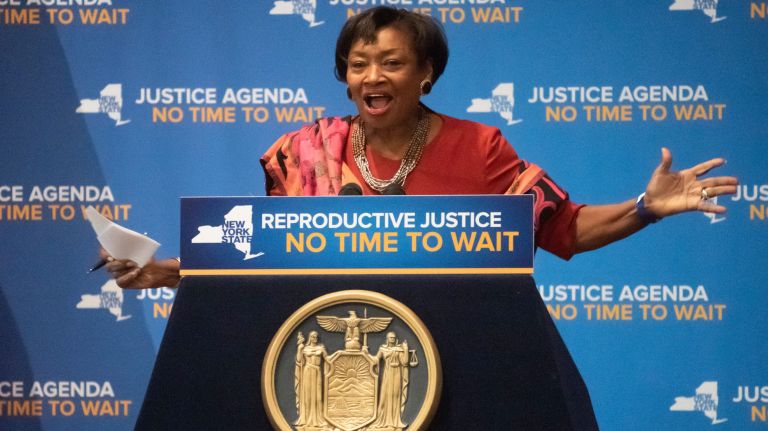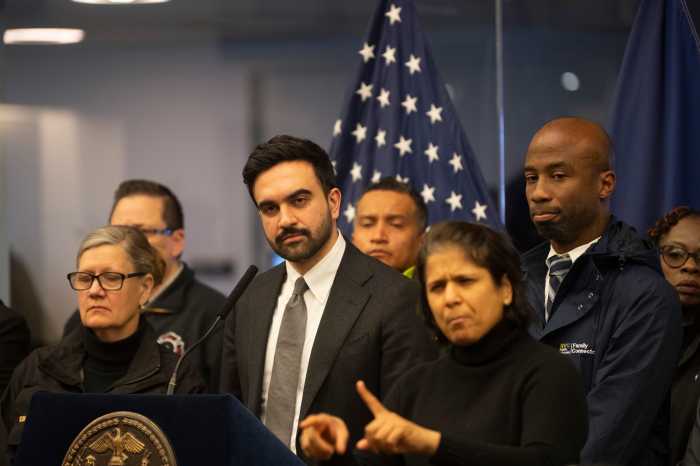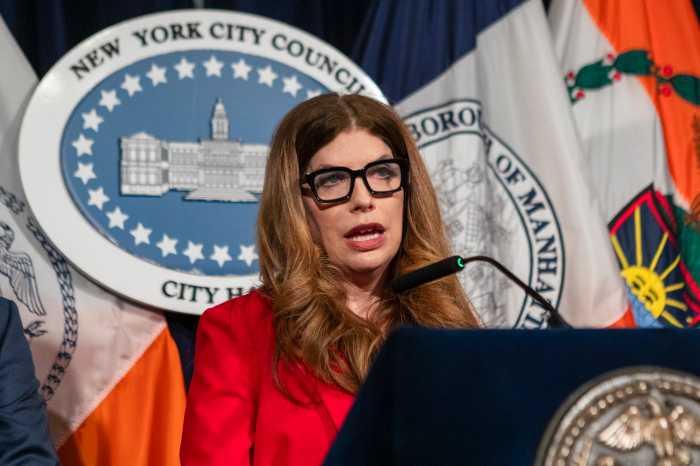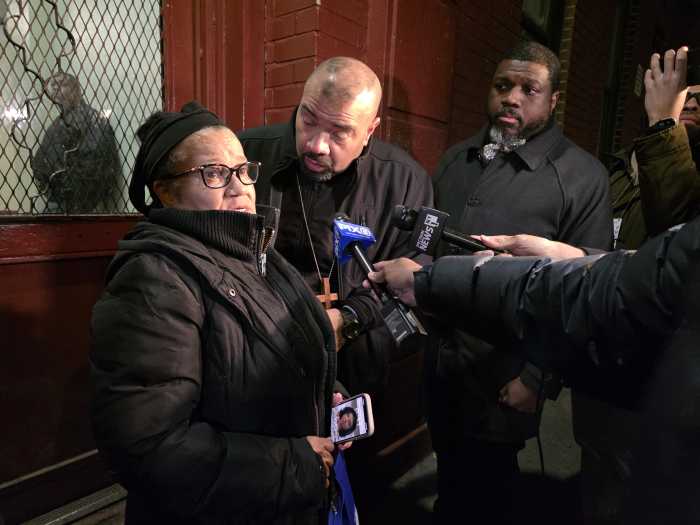
New York legislators marked the 46th anniversary of the U.S. Supreme Court’s ruling in Roe v. Wade on Tuesday by passing the Reproductive Health Act, which updates a state law that limited when women can legally get an abortion.
Passing the Reproductive Health Act protects a woman’s right to make decisions about her own body, State Sen. Liz Krueger, the bill’s sponsor, said.
"Today is just another of many very good days to come for democracy in the state of New York," she said during a news conference Tuesday afternoon.
The act was approved in a 38-24 vote and Gov. Andrew Cuomo signed the bill into law Tuesday evening.
#NYSenate Bill S240, sponsored by Senator @LizKrueger, passed 38-24 (unofficial). Enacts the reproductive health act (RHA); repealer:https://t.co/mW46ewdjbO
— New York Senate (@NYSenate) January 22, 2019
SIGNED.
— Andrew Cuomo (@NYGovCuomo) January 23, 2019
The #ReproductiveHealthAct is now law. Congratulations all! pic.twitter.com/UXtnRsKT5d
New York’s previous law, written three years before Roe v. Wade in 1970, allowed women to seek abortions up to the first 24 weeks of pregnancy and at any point if it was deemed medically necessary to protect the mother’s life.
The Reproductive Health Act maintains the 24-week limit under which women can seek abortions but adds a provision for abortions at any time if the baby would not survive the birth. Additionally, the act permits abortions at any point if it is necessary to protect the mother’s life or health.
It also decriminalizes abortion by regulating it under the public health law, not penal law.
The act had passed in the Democrat-controlled Assembly multiple times, but was held up in recent years by a Republican-controlled Senate. Democrats now hold a 40-23 majority in the Senate and have said passing the act was a top priority.
The urgency to enact the law comes amid concerns that a conservative Supreme Court could overturn Roe v. Wade, and as President Donald Trump has sought to restrict reproductive rights.





































